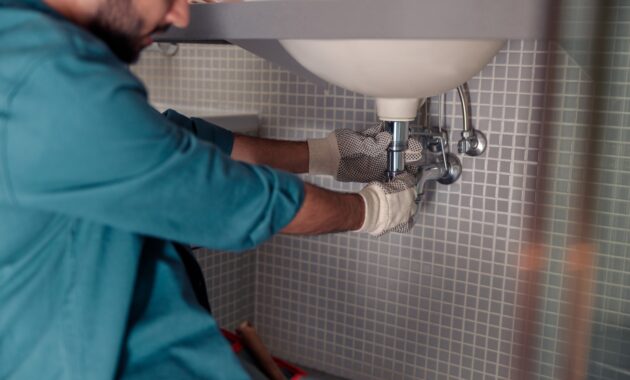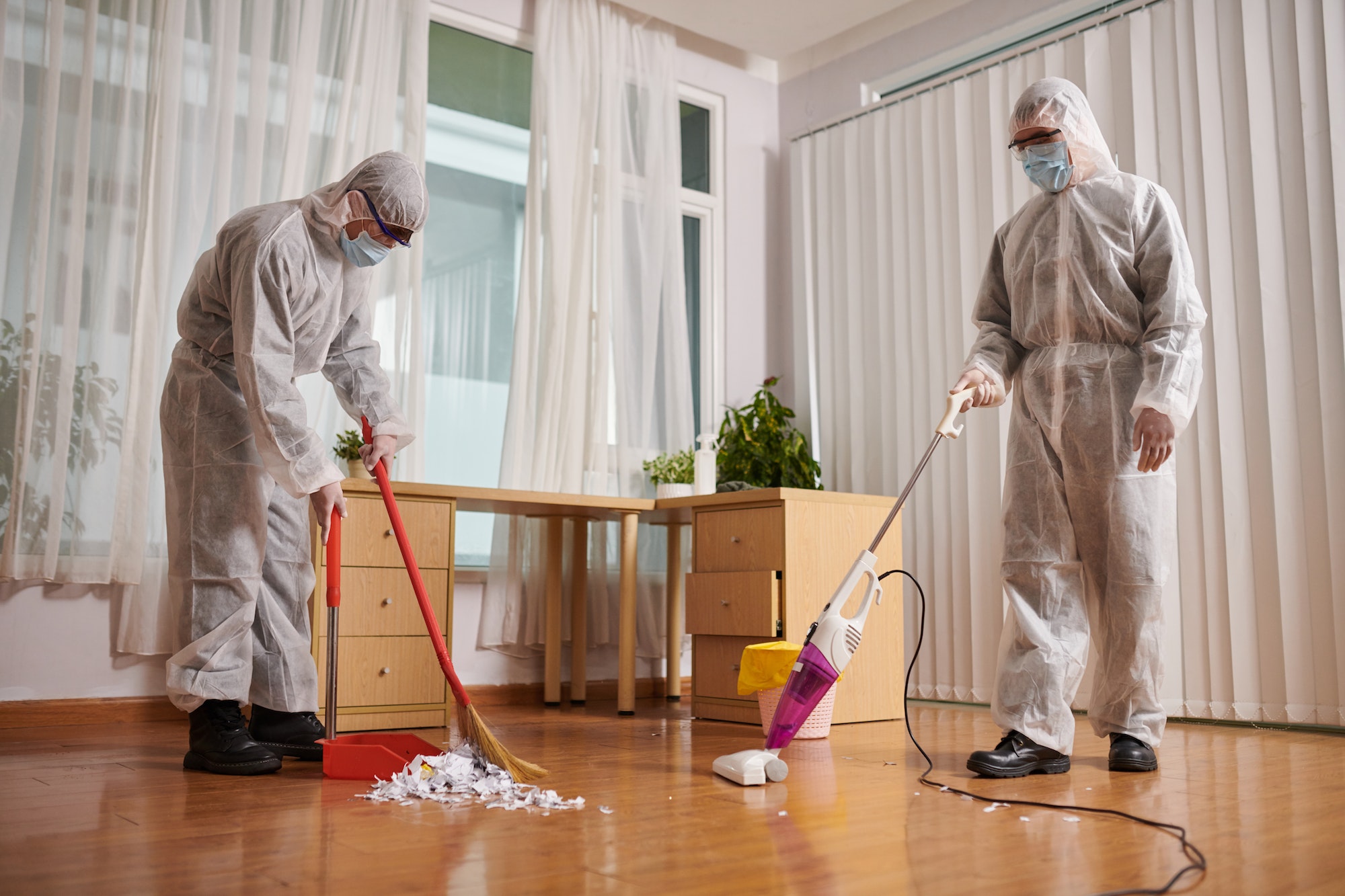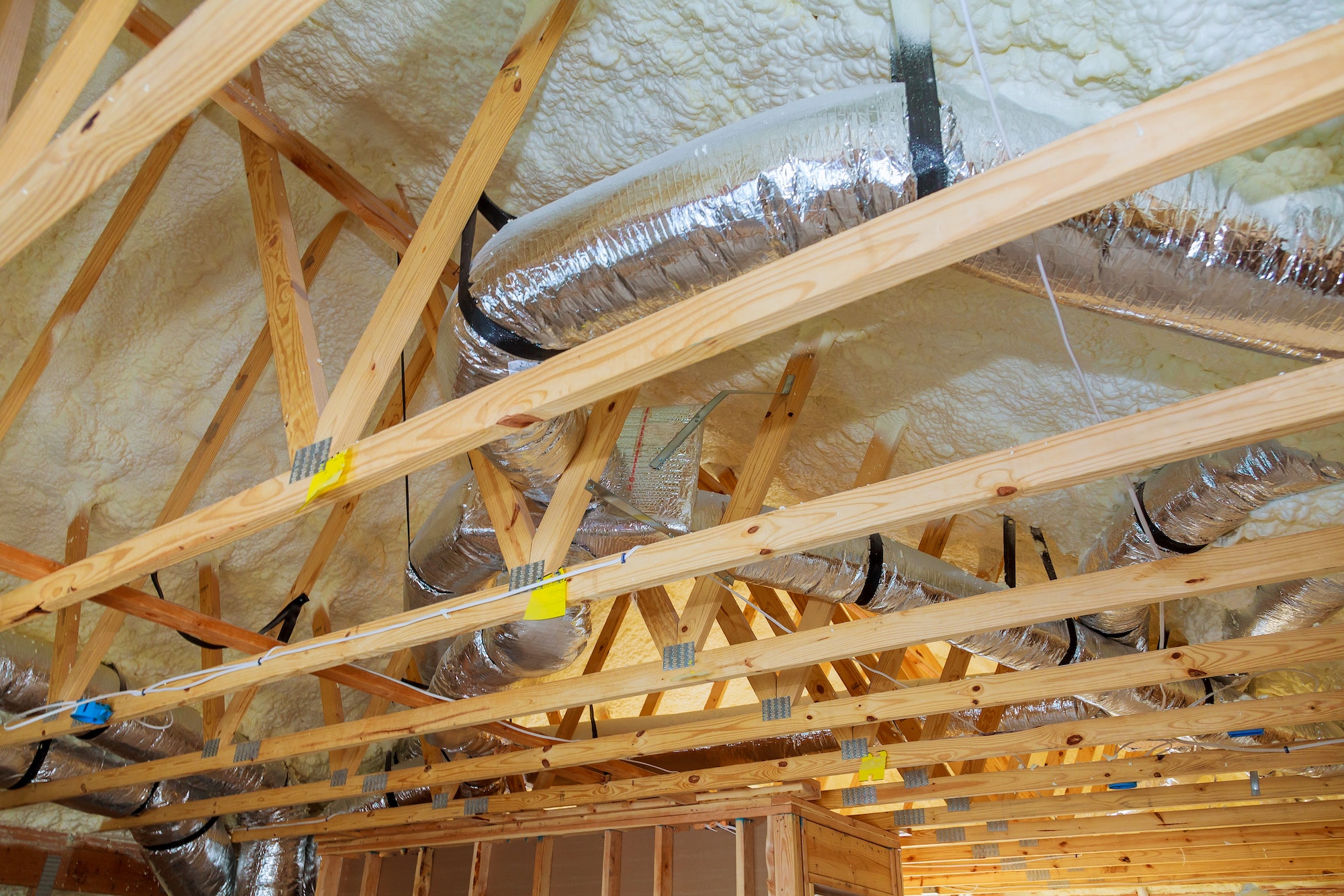Introduction
An efficiently operating plumbing system is essential for the convenience and well-being of any household. Nonetheless, challenges such as obstructed drains and the need for plumbing repairs can disturb your regular activities and result in expensive emergency plumbing incidents. In this article, we will provide valuable tips to prevent clogged drains and handle common plumbing repairs, helping you maintain a stress-free home environment.
1. Preventing Clogged Drains
Frequently encountered, clogged drains are an issue that can be readily averted through vigilant maintenance.
- Implement Drain Guards
Place drain guards in your sinks and showers to trap hair, food scraps, and other materials before they enter the drainage system.
- Avoid Pouring Grease
Avoid disposing of cooking oil or grease down the kitchen sink at all costs, as these substances can congeal within the pipes, resulting in blockages.
- Regular Cleaning
Regularly maintain your bathroom and kitchen drains by applying baking soda and vinegar. This practice aids in disintegrating minor blockages and is a preventive measure against future obstructions.
- Exercise caution regarding what you dispose of down the toilet
Limit flushing to toilet paper and human waste exclusively. Products such as sanitary items and wet wipes have the potential to trigger significant plumbing problems.
2. Handling Plumbing Repairs
When you encounter plumbing problems, it becomes crucial to understand how to deal with routine repairs. Although certain issues may demand the skills of a professional, these guidelines can assist you in resolving minor plumbing repairs.
- Leaky Faucets
Leaky faucets aren’t merely an irritant; they can lead to substantial water wastage. Repairing them is frequently as straightforward as replacing a deteriorated washer or O-ring.
- Running Toilets
A running toilet can be due to a faulty flapper or fill valve. These components are typically straightforward to exchange and result in cost savings on your water expenses.
- Low Water Pressure
If you are dealing with reduced water pressure, consider disassembling and cleansing the aerators attached to your faucets. The accumulation of sediment can impede the flow of water.
- Unclogging Drains
For minor drain clogs, a plunger or a drain snake can be your best friend. You can easily acquire these tools at the majority of home improvement shops, and they can serve as a preventive measure, potentially sparing you from the need for emergency plumbing assistance.
- Shut-off Valves
Get acquainted with the positions of shut-off valves for various fixtures within your residence. In the event of leaks, swiftly shutting off the water can be instrumental in halting any additional damage.
3. Recognizing When to Seek Emergency Plumbing Assistance
While do-it-yourself remedies are suitable for minor problems, certain situations demand the expertise of a professional. Identifying when to reach out for emergency plumbing services can be the key to safeguarding your home against substantial harm.
Signs to remain vigilant about include:
- Burst Pipes
The rupture of a pipe can swiftly inundate your residence. If you detect such a situation, promptly turn off the primary water source and seek the immediate assistance of a plumber.
- Sewage Backups
If sewage is backing up into your sinks or toilets, it’s a health hazard that requires immediate attention.
- Gas Leaks
A gas leak is a critical emergency. For safety, it’s essential to leave your residence, deactivate the gas supply, and contact the gas company and a qualified plumber.
- No Hot Water
Lack of hot water in the winter can be unbearable. If your water heater is malfunctioning, call a professional to diagnose and repair the issue.
4. Insulate Pipes in Cold Weather
In regions with colder climates, it becomes imperative to insulate your visible pipes as a preventive measure against freezing and the risk of pipes bursting. Employ pipe insulation sleeves or apply heat tape to safeguard water flow during the winter season. This straightforward action can spare you the inconvenience of addressing frozen or burst pipes.
5. Regular Maintenance
Plan for regular plumbing maintenance inspections conducted by a skilled plumber to spot and resolve potential problems before they escalate into major issues. A yearly inspection can help you catch and fix minor leaks, corrosion, or other concerns early on, ultimately saving you money in the long run.
6. Proper Disposal of Household Chemicals
Avoid pouring harsh chemicals like paint, solvents, or excessive cleaning products down the drains. These can corrode your pipes and lead to plumbing repairs. Use eco-friendly, non-corrosive alternatives whenever possible.
7. Invest in Quality Fixtures
When you are in the process of renovating or enhancing your home, consider allocating your resources toward premium plumbing fixtures and appliances. While they may have a higher upfront cost, durable fixtures are less likely to develop issues and can save you money on repairs and replacements.
8. Water Pressure Regulation
Make certain that the water pressure in your residence is set to an ideal level. Excessive water pressure can impose unwarranted strain on your pipes, which may lead to leaks or even pipe bursts. You may want to contemplate the installation of a pressure regulator to uphold the appropriate pressure level throughout your plumbing network.

Conclusion
By implementing these additional plumbing tips, you can safeguard your home against common plumbing issues and potential emergencies. Remember that effective upkeep, routine check-ups, and a vigilant approach to plumbing maintenance will not only result in cost savings but also offer reassurance by ensuring the efficiency and reliability of your plumbing system. When in doubt, don’t hesitate to consult a professional plumber to address any plumbing concerns and ensure the longevity of your home’s plumbing infrastructure.
Discover more from Futurist Architecture
Subscribe to get the latest posts sent to your email.

![modern apartment [article_title]](https://www.futuristarchitecture.com/wp-content/uploads/2025/03/Artificial-Lighting-Tips-That-Will-Make-Your-Evening-Apartment-Vibes-900x600.jpg)

